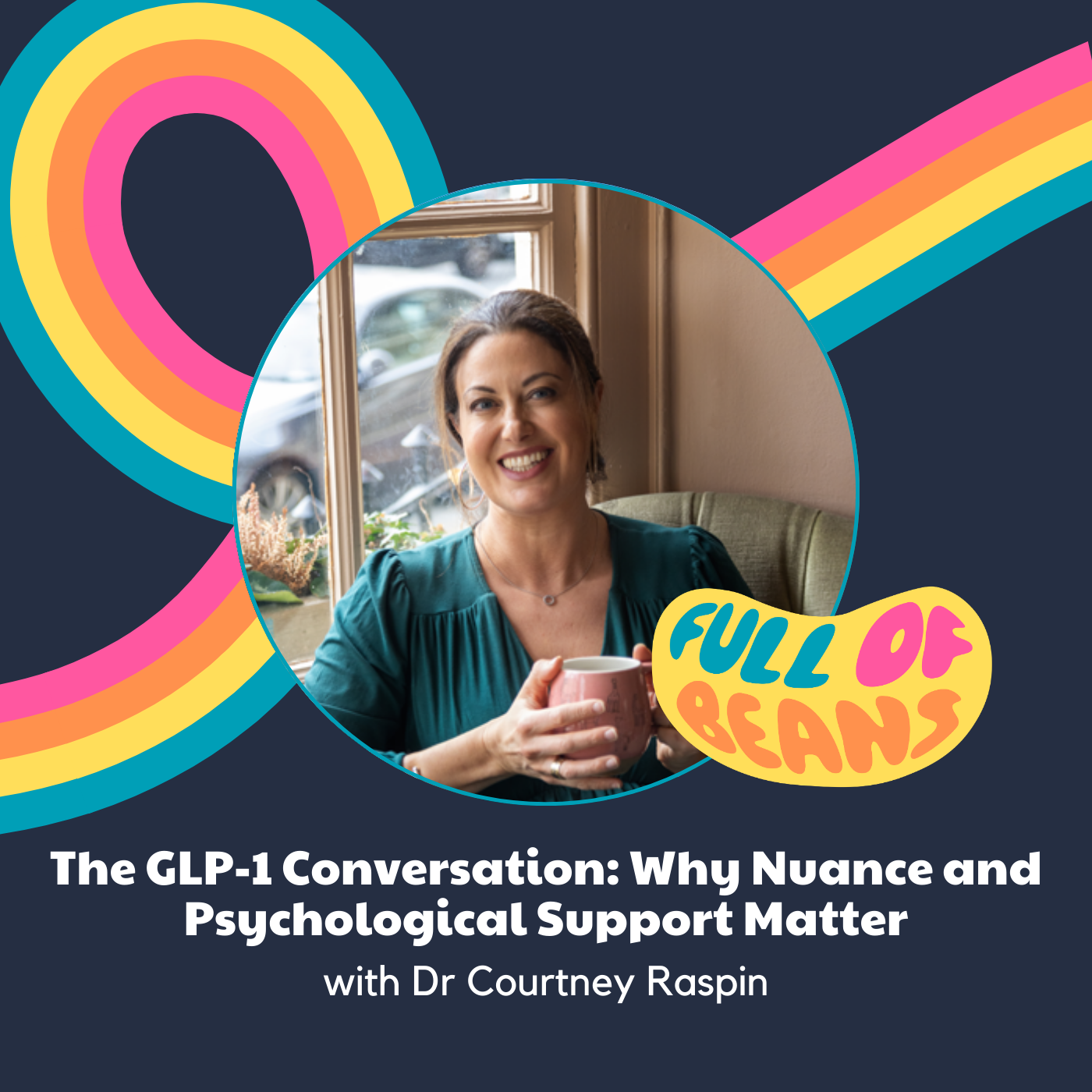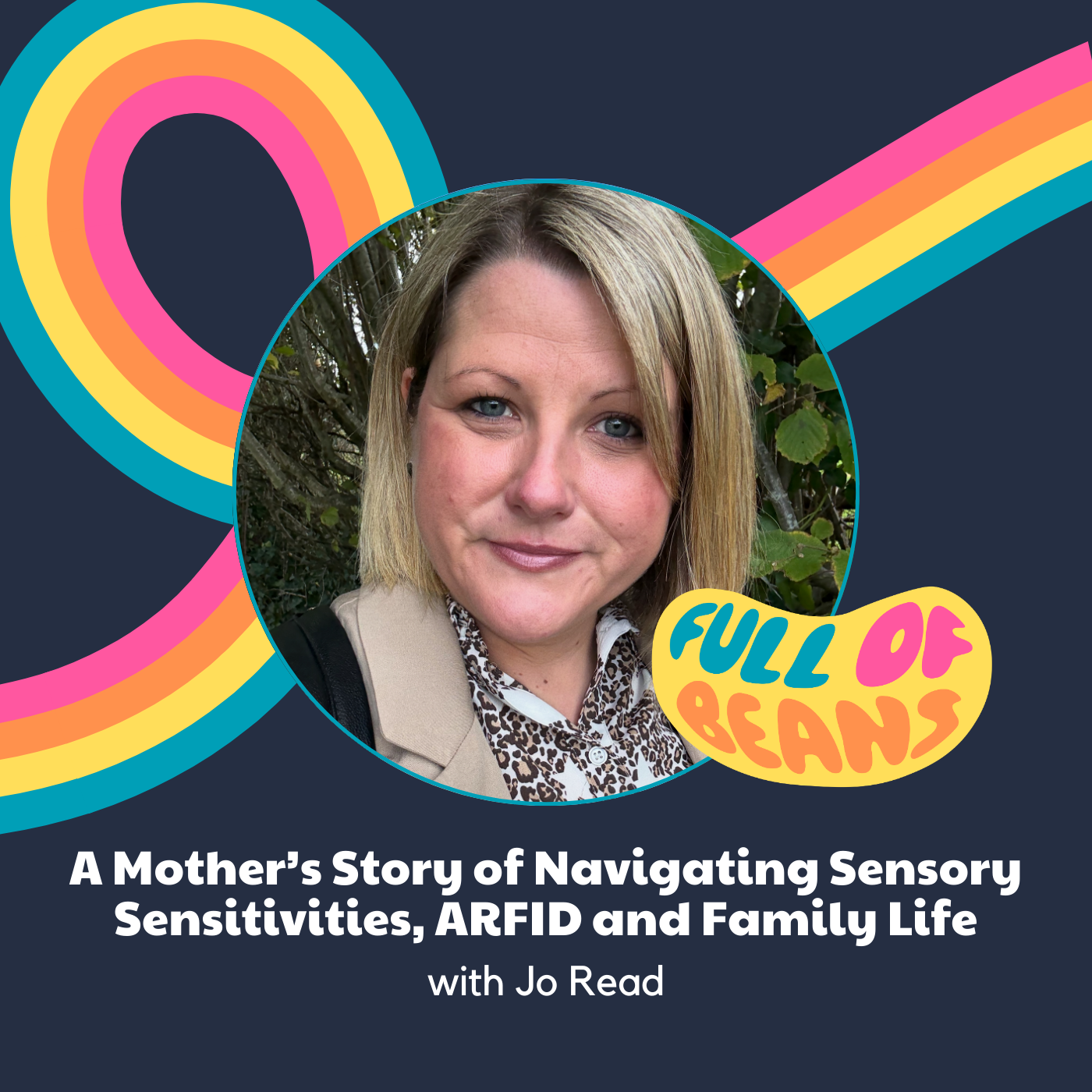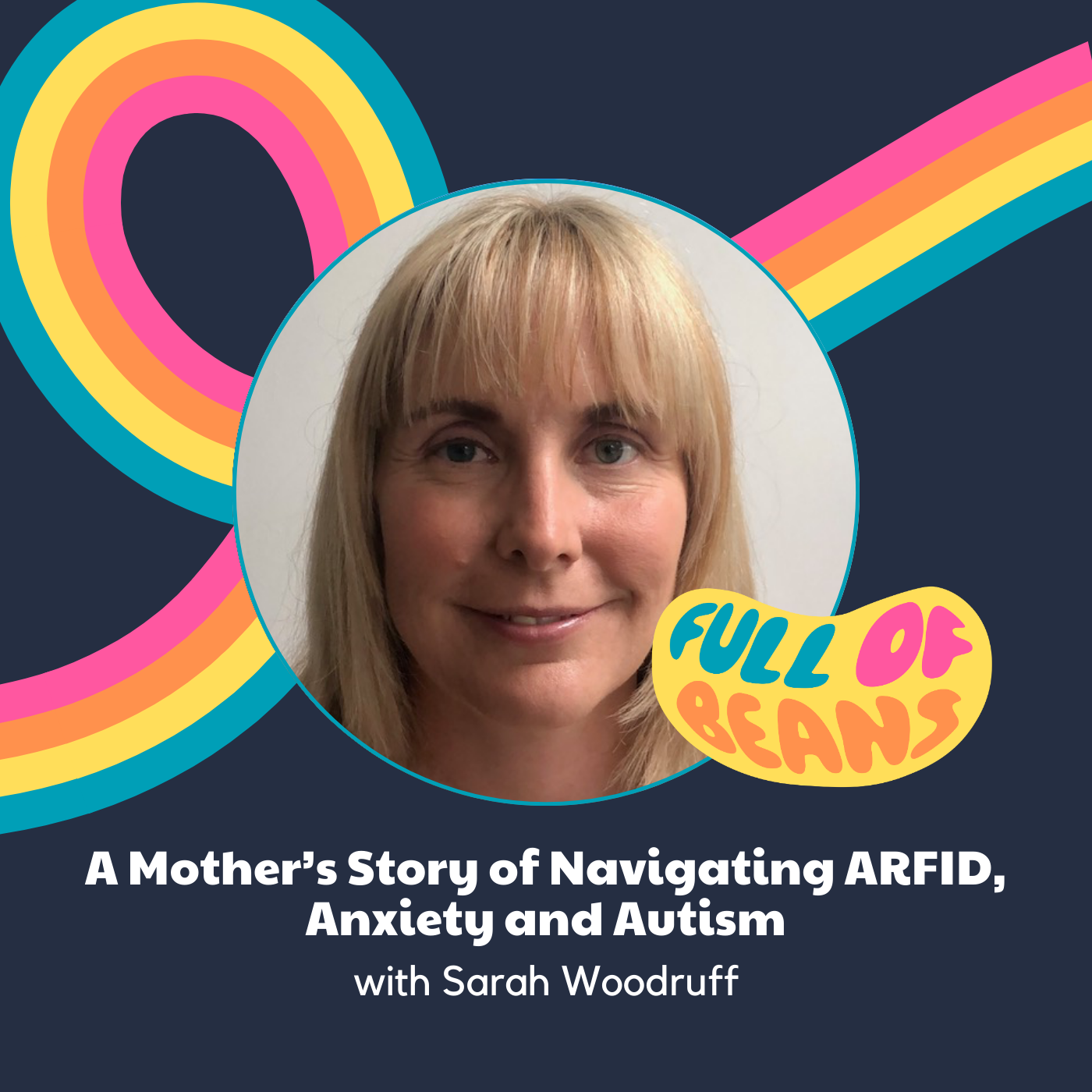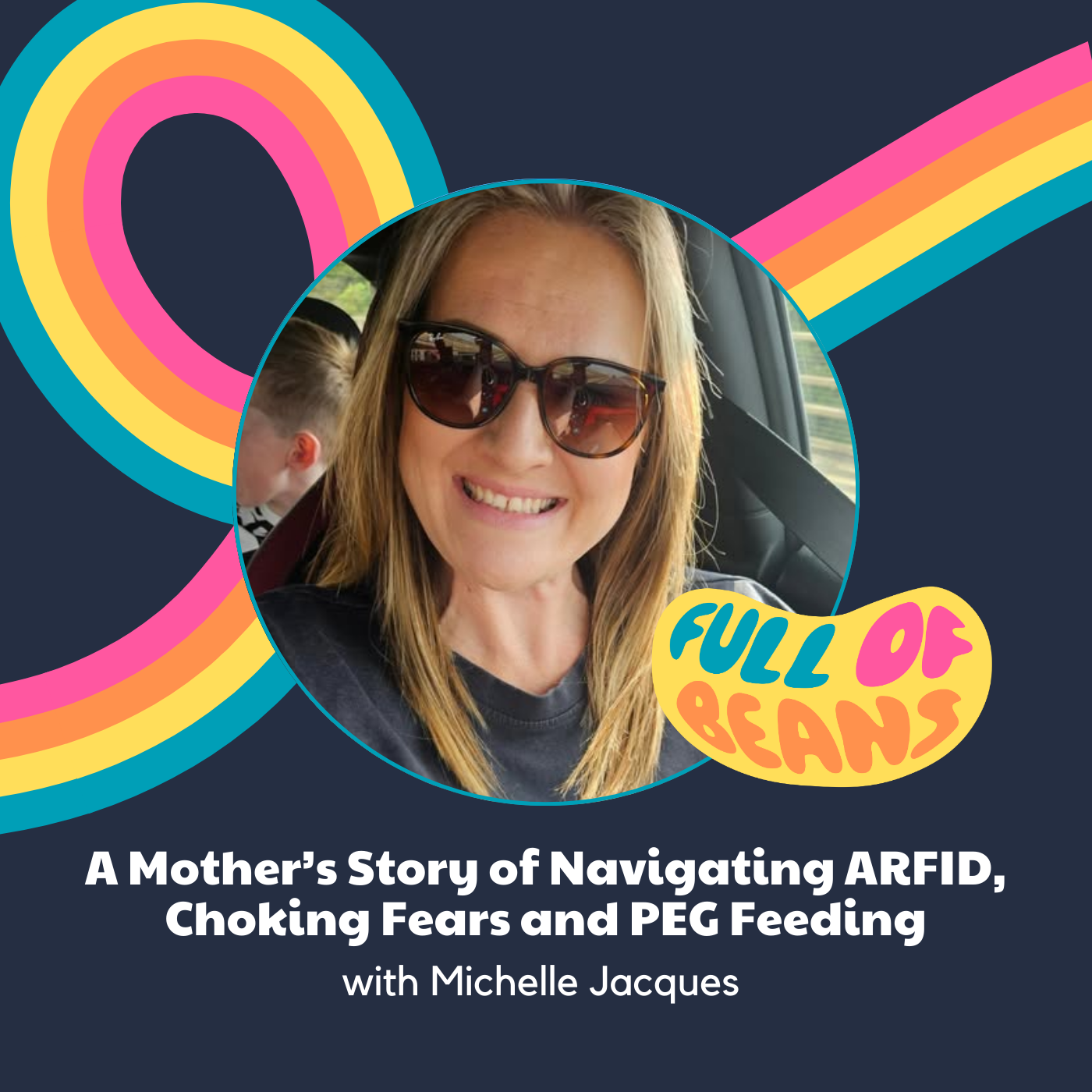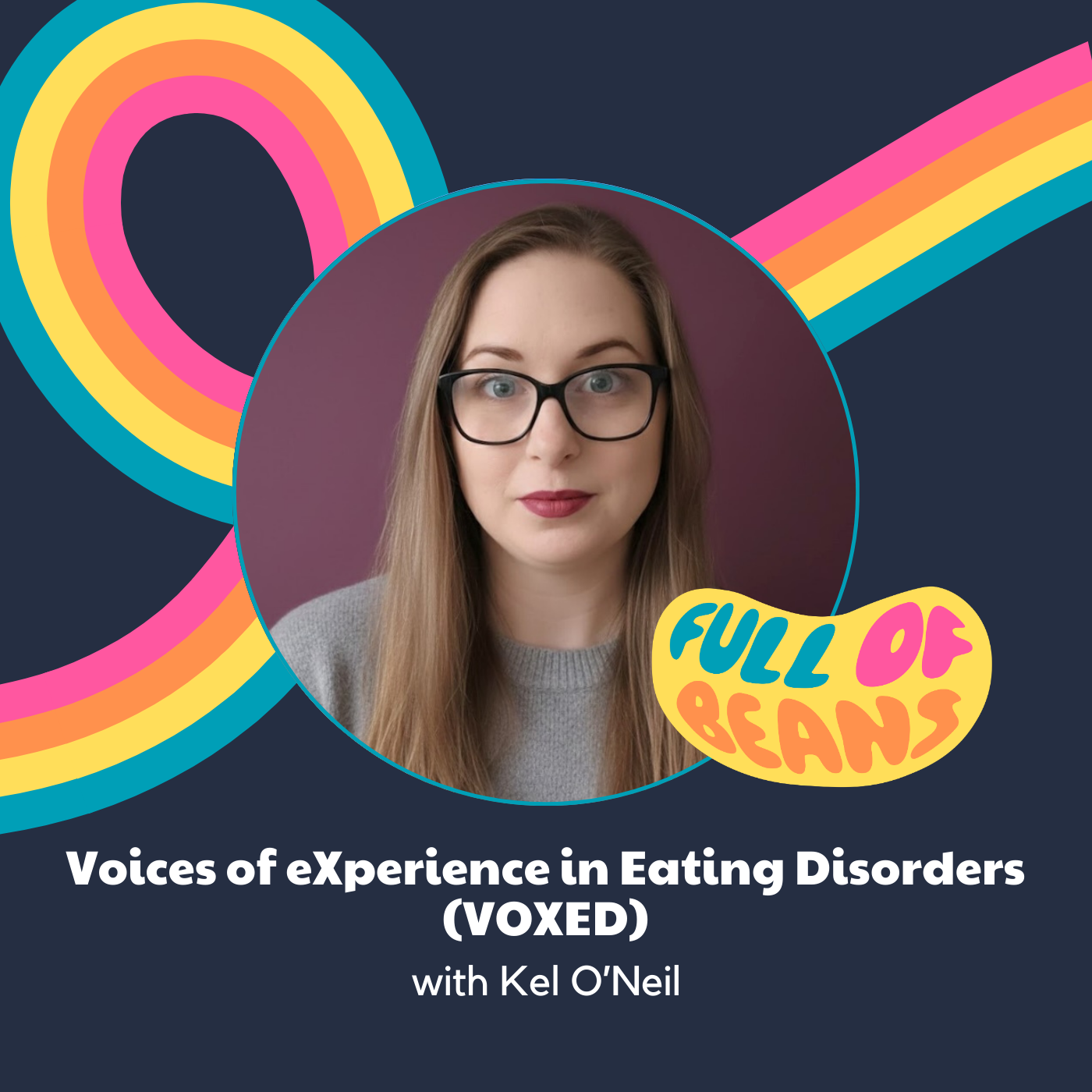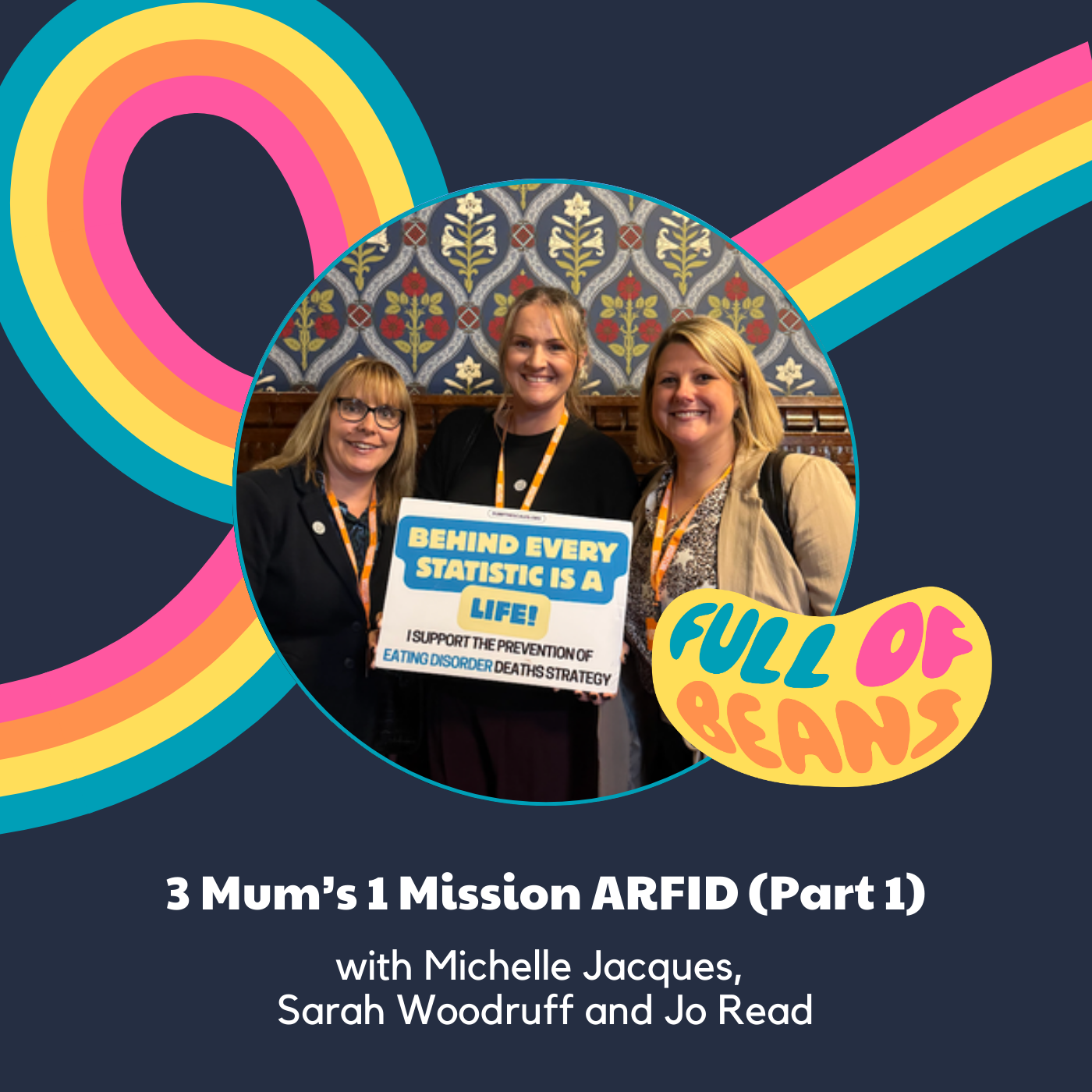Supporting Disordered Eating & RED-S in Athletes
The Fine Line Between Performance and Disordered Eating
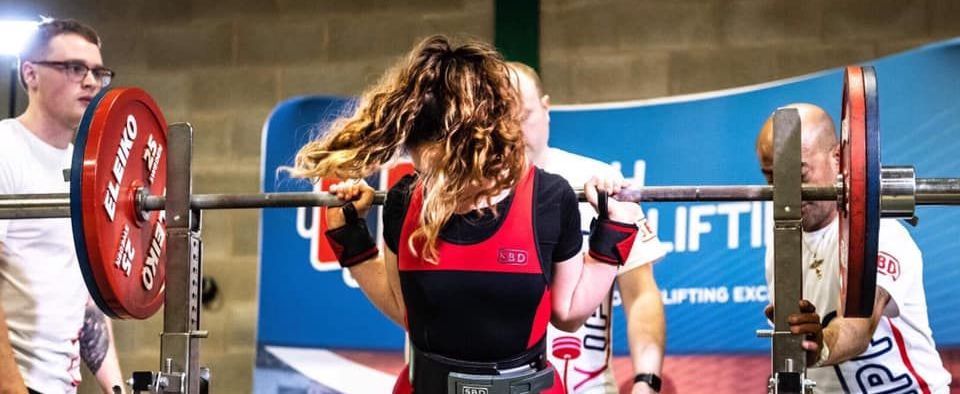
Athletes are often praised for their discipline, dedication, and resilience. But behind the scenes, there is a dangerous culture of overtraining and under-fuelling that many athletes fall into, often in pursuit of an “ideal” body shape rather than optimal performance.
As someone who has been deeply immersed in the world of sport, I have personally experienced how eating and training can shift from being about strength and endurance to being about aesthetics and weight control.
What starts as a commitment to performance can quickly spiral into an obsession with food, exercise, and body image, all of which put athletes at risk of developing disordered eating behaviours.
What is RED-S?
Relative Energy Deficiency in Sport (RED-S) occurs when an athlete does not consume enough energy to meet the demands of their training and daily activities. This energy imbalance affects not only physical performance but also hormonal health, immunity, mental well-being, and bone density.
Signs of RED-S in Athletes:
- Fatigue and reduced performance despite continued training.
- Frequent injuries such as stress fractures or muscle strains.
- Menstrual disturbances or loss of periods in female athletes.
- Low libido and hormonal disruptions in male and female athletes.
- Weakened immune system, leading to frequent colds and infections.
- Mood changes, anxiety, and a hyper-focus on food and weight.
The Normalisation of Disordered Eating in Athletes
Many athletes struggle to recognise the warning signs of under-fuelling and overtraining, because in many sports, restrictive eating is encouraged and even praised.
I remember planning my entire week around training, ensuring I could get in every session no matter what. I would wake up before everyone else to go to the gym, making sure I never missed a workout, even when my body was exhausted. I constantly felt cold, I wasn't seeing any gains in my strength, and my social life suffered. Yet, I was praised for my dedication. This is the dangerous side of sports culture, where behaviours that are harmful are seen as commitment and discipline.
For many, the focus shifts from being able to perform well to simply looking like a high-performing athlete. Instead of asking, "Am I fuelling myself properly?" the questions become, "Will I look lean enough? Will my weight affect my ranking? Will my coach notice if I eat more?"
How to Navigate Disordered Eating in Athletes
If you’re struggling with your relationship with food and exercise, here are some ways to start shifting your mindset:
- Recognise that eating enough is the key to progress: Your body needs fuel to perform, recover, and get stronger. Under-eating will hold you back
- Challenge the belief that lighter = better: Weight does not determine performance. Strength, endurance, and skill do
- Listen to your body: Ignoring fatigue, hunger, or injuries will only harm you in the long run.
- Work with a dietitian or sports nutritionist: They can help you find a fuelling strategy that supports your sport without sacrificing your well-being.
- Understand that balance matters: Prioritising social connections, mental health, and flexibility in eating and training will make you a better athlete in the long term because you retain a balanced, happy lifestyle where sport is a part of it, not the whole thing.
Final Thoughts
Sports should empower us, not break us down. If you’re constantly thinking about food, weight, or training at the expense of your mental or physical health, it might be time to re-evaluate your approach to sport and nutrition.
If any of this resonates with you, you’re not alone. Seek support, start questioning the toxic narratives in sports culture, and remember: your worth as an athlete is not determined by your weight, but by your passion, skill, and strength.
Where to Learn More & Get Support
If you’ve been struggling with your relationship with food and body and navigating this alongside sport, you are not alone. Support is available:
💜 Follow this weeks podcast guest, Aidan Custy: Instagram | Website
💜 Eating Disorder Dietitians: Renee McGregor | Elle Kelly
🎧 Listen to the Full Podcast Episode: Click here to listen
📢 Join the Conversation: Have you experienced body image concerns or disordered eating as an athlete? Share your experiences on Instagram @_werarefullofbeans!
Thank you for taking your time to read this blog. If you would like to receive updates from the Full of Beans podcast, scroll down a little further and click subscribe.
Keep being you,
Han 💛

